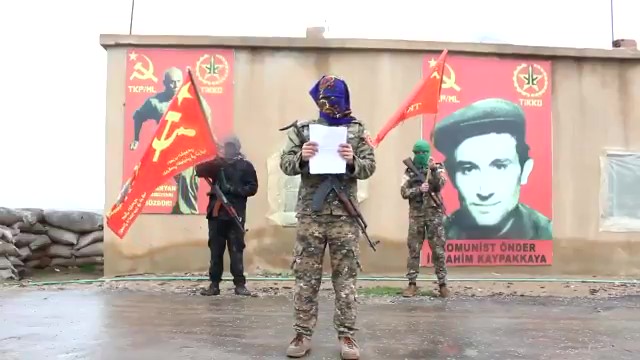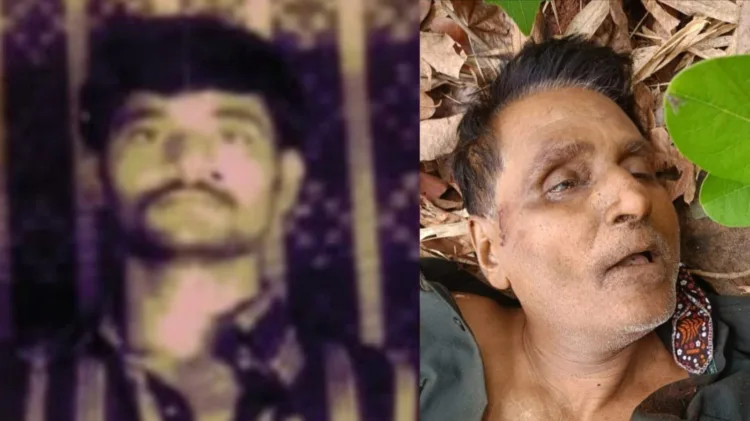
TKP-ML Condemns Nambala Keshav Rao. A Direct Intervention in India’s Internal Matters
The TKP-ML, or the Communist Party of Turkey/Marxist-Leninist, has recently condemned Nambala Keshav Rao, popularly known as Basavaraju. This condemnation raises concerns about direct intervention in India's internal matters, particularly concerning the long-standing Naxalite movement. Nambala Keshav Rao has been a prominent figure in this movement since the late 1970s, and his recent death during a confrontation with security forces has prompted various political reactions, including from TKP-ML.
This sad event underscores the complexities surrounding international political dynamics, where foreign entities weigh in on the internal affairs of sovereign nations like India. The actions and strategies of Basavaraju have made him a controversial character within the Naxalite movement, attracting significant attention both domestically and internationally. The TKP-ML's position on the matter raises important questions about sovereignty and the right to self-determination.
Moreover, interventions of this nature can often prove contentious. When political movements and internal conflicts are involved, the discourse surrounding them can become particularly sensitive. The response from TKP-ML illustrates how external commentary can sometimes influence or complicate local narratives, particularly in cases involving critical social issues.
As we observe the global political landscape, it becomes increasingly salient to acknowledge how foreign condemnation of internal matters can lead to debates over national sovereignty. The situation reflects not only the legacy of Nambala Keshav Rao but also the ongoing discussions around the rights of nations to manage their affairs independently.
For further insights on the Naxalite movement and its implications, you can visit BBC.
Understanding Nambala Keshav Rao's Role in the Naxalite Movement

Nambala Keshav Rao, widely recognized as Basavaraju, profoundly influenced the Naxalite movement in India. As the general secretary of the banned Communist Party of India (Maoist), he began his involvement with the movement in the late 1970s, quickly establishing himself as one of its most formidable strategists.
In his capacity as a leader within the CPI (Maoist), Rao directed both ideological and tactical approaches, significantly shaping military campaigns and guerrilla tactics throughout the insurgency. His pivotal role as head of the Central Military Commission underscored his influence in the movement, allowing him to craft strategies that would resonate deeply within the Naxalite framework.
Rao was renowned for his strategic operations, particularly in guerrilla warfare. His meticulous planning of attacks against security forces, often involving ambushes and complex operations, positioned him as a substantial threat to state security. Additionally, his adeptness in maintaining relationships with arms dealers further solidified his status, making him a complex figure entwined with the Naxalite movement's darker underbelly.
With a substantial bounty of Rs 1.5 crore on his head, Rao's notoriety stemmed from his alleged involvement in numerous violent incidents across states such as Chhattisgarh, Maharashtra.
Rao's death in a security forces encounter in Chhattisgarh's Bastar region marked a significant blow to the Naxalite movement. It was described as a major victory for security forces, as it eliminated a key leader whose strategies had shaped the insurgency for decades.
